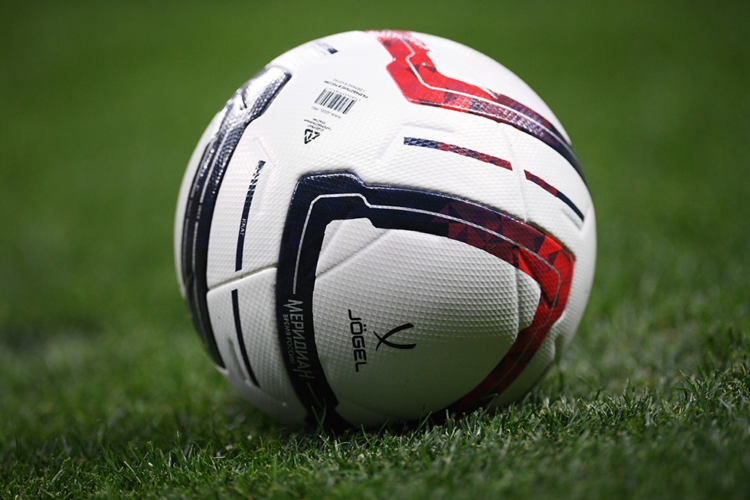Champions League: Money beats big football. Or does it?
Published: by .

It is worth recalling that the 2023/24 season was the last one in which the Champions League was held under the old regulations, which, in general, did not cause any complaints from fans. At the group stage, 32 clubs played in eight quartets, in two rounds, after which the two best participants from each quartet went to the playoffs, which began with the 1/8 finals. Outsiders dropped out of European competitions altogether, teams from third place moved to the Europa League.
Since the last season, 2024/25, there have been 36 teams in the main stage (the tournament stage between qualification and playoff). Each of them plays 8 matches with different opponents according to the draw, the table is kept common. Hence the unofficial, established name – "common stage". As a result, the bottom dozen is eliminated, and the participants who took places from 9th to 24th begin the playoffs from the truncated stage of the 1/16 finals, or "Last 24".
Thus, the total number of matches in the main stage increased exactly one and a half times – from 96 to 144. At the same time, there is an eloquent statistic: in percentage terms, the number of games in which one of the opponents has an advantage of three or more goals over the other (this is considered a "rout") has increased THREE (!) times. Those who superficially follow football like matches with an abundance of goals, no matter where the balls fly in, but for a thoughtful fan such meetings are of little interest, with the exception of victorious games involving a favorite team. Plus, there is no longer a transition of clubs from the Champions League to the Europa League, due to which the playoffs of the second-ranked continental cup are losing in the level of opponents, in the quality of football.
The expansion of the Champions League for the sake of financial indicators has reached unprecedented proportions in terms of geography: now they will have to play both beyond the Arctic Circle, where they host Norwegian "Bodo-Glimt", and far, far away in the East, in Asia, if they travel to play the sensational newcomer to the big leagues, Kazakhstan's "Kairat" (Alma-Ata).
Real Madrid has already expressed extreme dissatisfaction with the very fact of the upcoming visit to Alma-Ata. The flight time from the capital of Spain will be 9-11 hours, and the distance to be covered is almost 6.5 thousand kilometers. However, Kairat will also have to travel quite a bit. It has already been calculated that the Kazakh club will have to cover about 45 thousand kilometers in the overall round, which is more than the circumference of the planet Earth. However, the expected earnings of the club, even with many defeats, more than compensate for the unrealistically difficult route sheet.
The current, revolutionary format of the Champions League, in essence, became a response to the unsuccessful attempt of a number of clubs to create an independent European Super League, not subordinate to UEFA. The logic was as follows: even if the new format is not understandable to everyone, and is categorically unacceptable to some, the most important thing is that it brings in good income. This season, the Union of European Football Associations plans income from European Cups in the amount of almost 4.5 billion euros, after all payments there will be 3.5 billion left, of which about 2.5 billion will go to the participants of the Champions League.
It is therefore not surprising that the already mentioned tournament debutants Kairat, Bode Glimt, as well as the Belgian Union and the Cypriot Pafos will receive at least 20 million euros each, which is a huge amount of money for all of these teams.
In addition to the guaranteed income for participation in the general round (18.62 million euros), each club can earn 2.1 million euros for a win in a match, a draw is estimated at 0.7 million. There will also be payments for the place taken – the 36th club will replenish the treasury by 275 thousand, the 35th – by 550 thousand, and so on. For first place, the payment will be as much as 9.9 million units of continental currency.
Each club will also be able to earn extra money from TV broadcasts. The current title holder, the French Paris Saint-Germain, will receive the most – at least 45 million euros are already guaranteed. And this does not include the clubs' income from ticket sales and payments from sponsors. Money to money, money like a river.
But what about football itself? Surely, individual clubs, having decided ahead of schedule the task of reaching one or another early round of the playoffs (1/16 finals or 1/8 finals right away), will spare some of their leading players, for example, running around in the Norwegian frost or a tiring flight to Alma-Ata. Watching debutants play against suboptimal lineups of top clubs? That's a real pleasure.
But maybe it's not all bad. There are just over two weeks left until the Champions League opens on September 16 with six matches: Athletic (Spain) v Arsenal (England), PSV Eindhoven (Netherlands) v Union (Belgium), the flashy Juventus (Italy) v Borussia (Dortmund, Germany), Real (Madrid, Spain) v Marseille (France), Benfica (Portugal) v Qarabag (Azerbaijan), Tottenham (England) v Villarreal (Spain).
Comments